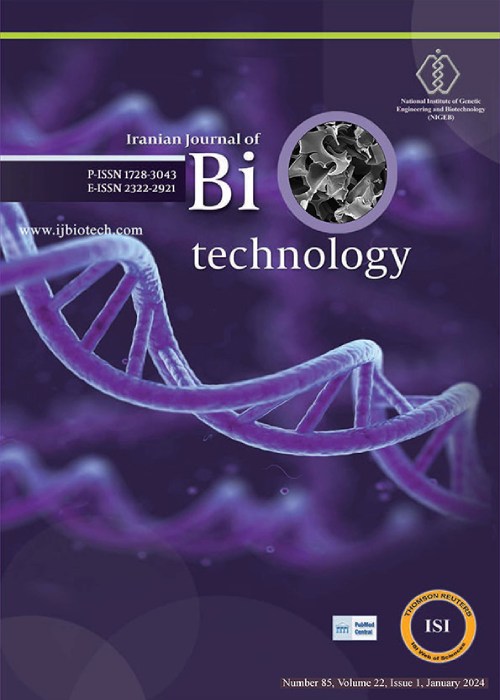Antimicrobial Activity of Chitosan Scaffold Loaded with Soluble Factors of Different Probiotic Strains Against Multidrug Resistant Pseudomonas aeruginosa
Bacterial infection remains the most frequent complication of burn injury, which can lead to sepsis, evenif antibiotics are used topically and systemically. Pseudomonas aeruginosa (P. aeruginosa) is the main causative agent inmany cases. The emergence of antibiotic-resistant strains in recent years has increased the need to find novel alternativetherapies, such as probiotics. Therefore, this study aimed to examine the antimicrobial properties of probiotic cell-freesupernatant (CFS), along with the potential use of a chitosan scaffold both as an antimicrobial agent and as a carrier forthe delivery of these complexes
Evaluation of the antimicrobial properties of cell-free soluble factors of probiotic bacteria both alone and incombination with chitosan scaffolds
Nine isolates of P. aeruginosa previously identified by standard diagnostic tests were investigated.The antimicrobial effects of probiotics in the form of Pedilact® oral drop which contained three probiotic strains,Kidilact® sachet, which contained seven probiotic strains, and strains of Lactobacillus casei (L. casei) and Lactobacillusacidophilus (L. acidophilus) isolated from yogurt were studied by an agar well diffusion assay and by using CFS harvestedat various growth stages, without pH neutralization. Chitosan with different concentrations of glutaraldehyde (GA) as acrosslinking agent was fabricated to produce a suitable scaffold for loading cell-free supernatants of probiotic strains. The scaffolds were then characterized using scanning electron microscopy. The antimicrobial properties of the CFS, chitosan, and chitosan scaffolds loaded with CFS were analyzed against MDR P. aeruginosa.
In the agar well diffusion assay, CFS obtained from probiotic strains effectively inhibited the growth of a clinicalstrain of P. aeruginosa. This effect was observed when CFS was assessed without pH neutralization. Kidilact® was the most promising synbiotic formulation based on its inhibitory activity. The chitosan scaffold was successfully fabricated, as shown by SEM, and its structure was not affected by acidic CFS. The fabricated scaffolds were able to deliver CFS and, interestingly, antibacterial activity against P. aeruginosa when CFS was loaded on the chitosan scaffold was enhanced significantly.
The results of this study showed chitosan scaffold loaded with cell-free probiotics metabolites can beconsidered to be a promising antimicrobial dressing in wound healing applications
- حق عضویت دریافتی صرف حمایت از نشریات عضو و نگهداری، تکمیل و توسعه مگیران میشود.
- پرداخت حق اشتراک و دانلود مقالات اجازه بازنشر آن در سایر رسانههای چاپی و دیجیتال را به کاربر نمیدهد.




